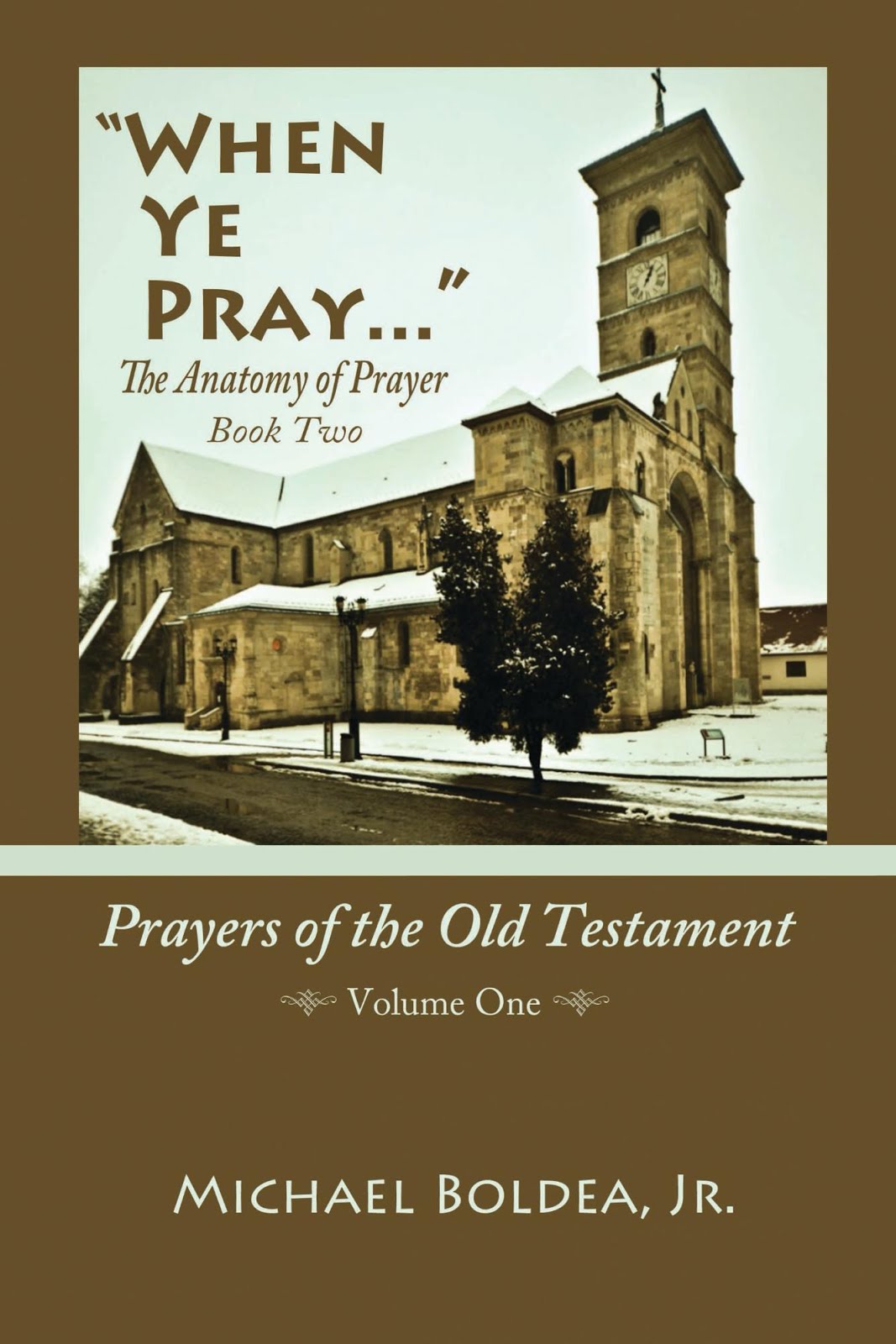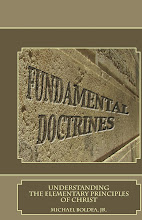Prayers of the Old Testament
The Prayer of Hannah continued...
Hannah is another in a long line of relatable biblical figure, because family issues are plentiful and frequent even among believers. Although we might not relate to Hannah in regards to the specificity of her issue, that her husband’s other wife was making her life miserable, we can nevertheless understand heartache and sadness and sorrow.
No two problems are ever identical. There will always be a different nuance or a different context, but pain is pain, and everyone understands it.
Hannah was a woman in anguish. Sorrow was her constant companion, and Peninnah would not let up, or miss an opportunity to remind her of her barrenness.
Peninnah’s provocations were not isolated to the homestead either. She continued mocking and attempting to make Hannah miserable even when they went to the house of the Lord.
So vile and set upon malicious intent was this woman, that even being in the house of God did nothing to deter her from her singular task.
1 Samuel 1:7, “So it was, year by year, when she went up to the house of the Lord, that she provoked her; therefore she wept and did not eat.”
We realize this was no back and forth banter, this wasn’t needling someone in good humor; this was a vile and malicious woman attempting to squeeze the joy out of every moment of Hannah’s life.
This goes to show how ugly a thing jealousy can be, and why as individuals we must guard our hearts against it. Peninnah was jealous that Elkanah preferred Hannah over her, and in her jealousy she lost sight of both reason and humanity.
What was to be for Hannah a celebration of joy and of worship in the house of the Lord, turned into a season of sorrow and tears.
Even her being in the house of the Lord is admirable, since many have a tendency to turn their backs on God when things aren’t going their way, or when what they thought they were entitled to never materializes in their lives.
Hannah was a woman who was barren, who suffered continually due to her husband’s other wife, who was not even allowed to have some time alone with the Lord and even in His house Peninnah managed to open the wound afresh, yet here she is, weeping and praying and crying out to God. Hannah did not abandon the house of the Lord when things didn’t turn out as she’d hoped, she pressed in, and sought the face of the Lord all the more, knowing He was her only refuge and safe place.
Here she was, weeping and speaking in her heart with only her lips moving, and Eli, having watched her for a while concluded she was drunk.
1 Samuel 1:14, “So Eli said to her, ‘How long will you be drunk? Put your wine away from you!’”
Few things in life are more hurtful than when we go to a spiritual authority for compassion and instead we find them judging and jumping to conclusions. Hannah was heartbroken, weeping, and praying silently, and Eli assumed she was drunk.
There is also a practical lesson we can glean from this entire exchange, one that will serve us well throughout life, that is, to never assume.
If we are honest with ourselves, we will readily conclude we assume many things about many people throughout our lives. Even though we are taught from early youth not to judge a book by its cover, the first thing to make an impact – often times a permanent one – is an individual’s appearance.
If they are well kept, wearing a suit or an evening gown, we assume one thing. If they are a bit rough around the edges, or wearing a certain kind of garment, we assume something else.
There have been instances in my life wherein certain individual had a picture of me in their mind, and when their mental picture did not match the reality thereof, they grew disillusioned and distanced themselves.
We assume, and we expect, and we have a notion of what we think something ought to be like, and when it isn’t, we don’t admit we were wrong or that we judged harshly, but merely conclude that the individual wasn’t wise enough to know better.
It’s inhumane to kick someone when they are down, and rather than assume the worst of an individual, it is wiser by far to take the time and listen to their sorrow, listen to their pain, and be a comfort if we can.
Even with the sorrow and humiliation Hannah was suffering, it is fascinating to see her spiritual state, and her character in the face of her trial and Eli’s false accusation.
1 Samuel 1:15-16, “And Hannah answered and said, ‘No, my lord, I am a woman of sorrowful spirit. I have drunk neither wine nor intoxicating drink, but have poured out my soul before the Lord. Do not consider your maidservant a wicked woman, for out of the abundance of my complaint and grief I have spoken until now.’”
Imagine for a second if this scenario had played out in a modern day church. A woman, weeping by the altar, moving her lips, praying silently to God, and the pastor or elder coming up to her and asking her how long she’d be drunk, and advising her to put her wine away from her.
You and I know full well it would likely result in a lawsuit, citing defamation of character and other grievous things, and the pastor or elder would likely pay for their remark for the rest of their natural lives.
Instead of snapping at Eli, instead of starting to scream or make a scene, Hannah’s answer was the epitome of spiritual maturity. ‘No my lord, I am a woman of sorrowful spirit. I have drunk neither wine nor intoxicating drink, but have poured out my soul before the Lord.’
Hannah’s soft spoken words did more to pierce the heart of Eli, than twice the screaming and stomping and acting out would have.
With love in Christ,
Michael Boldea Jr.
Wednesday, September 26, 2012
Subscribe to:
Post Comments (Atom)













No comments:
Post a Comment